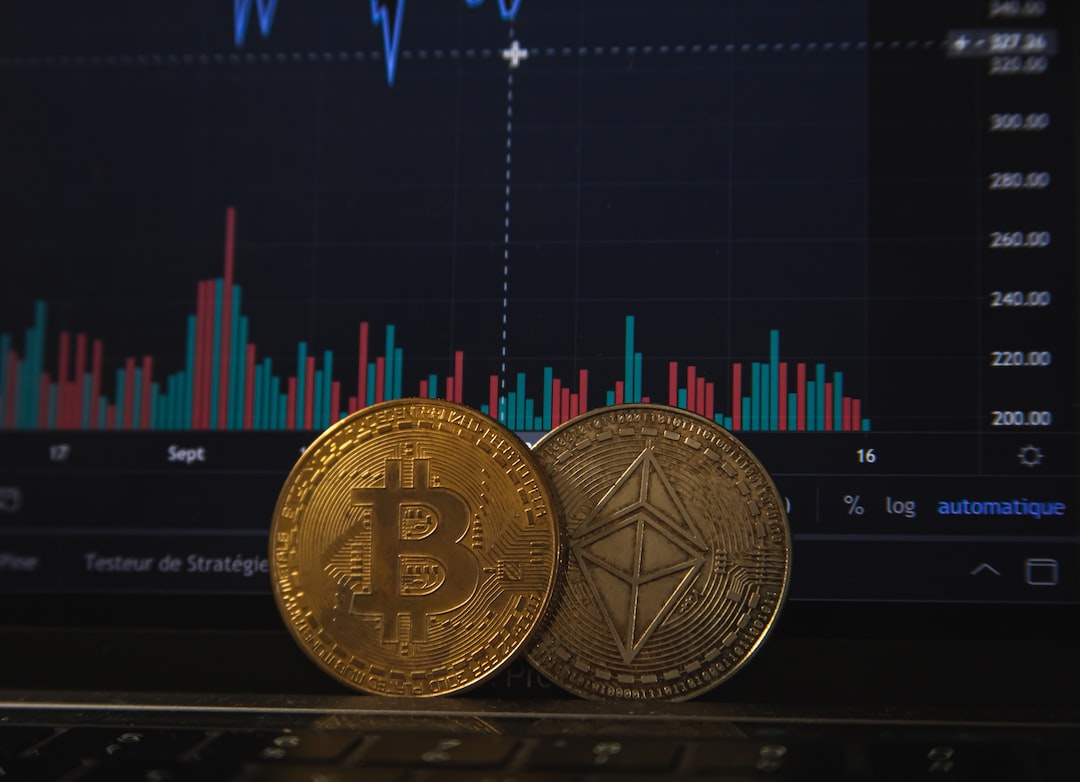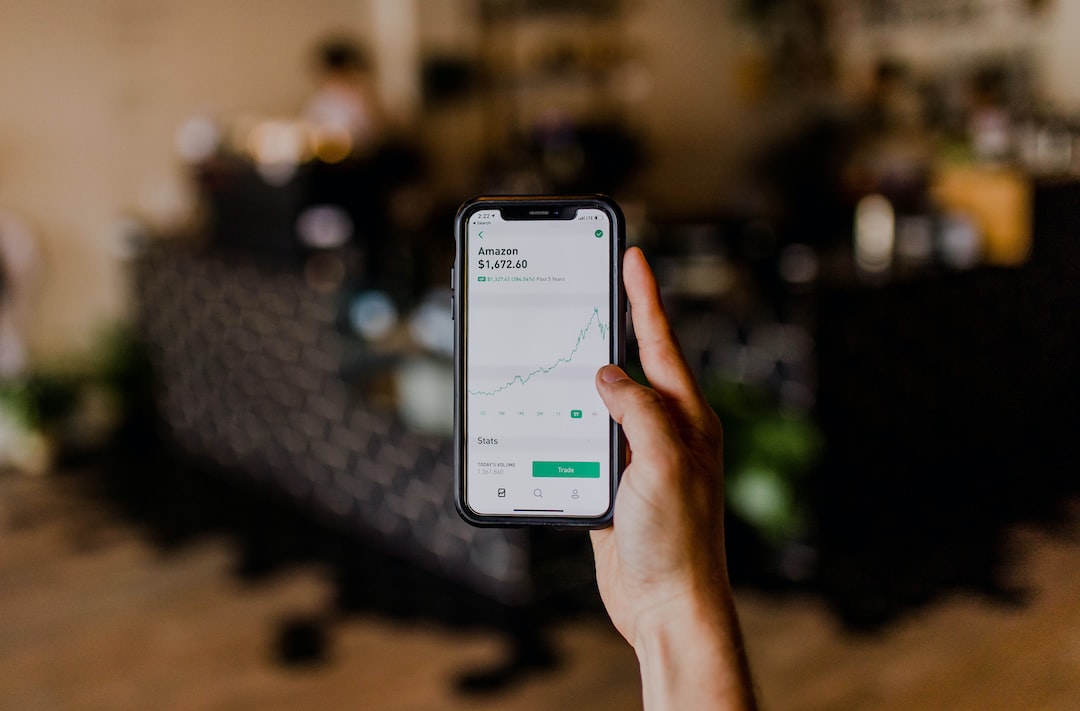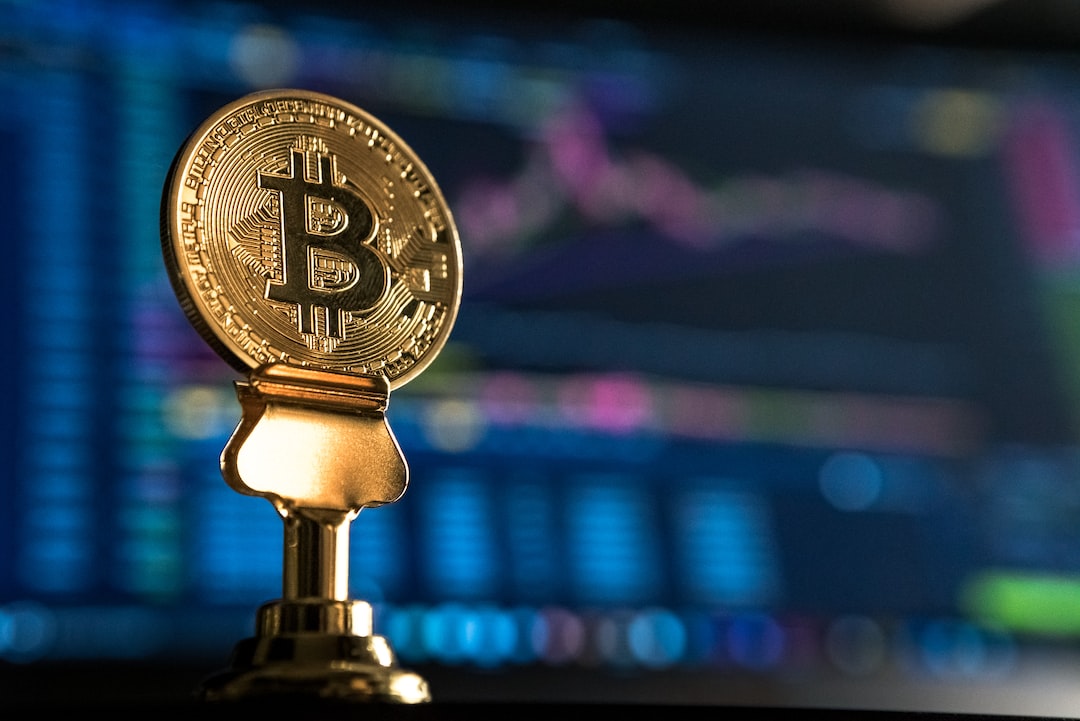After almost ten months since the arrest of FTX founder Sam Bankman-Fried, his trial is finally scheduled to begin on October 3rd in the Court of Southern District of New York. The trial will shed light on the circumstances surrounding the disappearance of millions of dollars worth of client cash.
According to the U.S. Department of Justice (DOJ), Bankman-Fried is facing a total of 13 criminal counts. The DOJ alleges that FTX was unable to pay withdrawals because Bankman-Fried mishandled and misappropriated funds for risky trading, personal loans, investments, acquisitions, real estate purchases, marketing campaigns, political donations, and debt repayment.
Bankman-Fried pleaded not guilty to all seven allegations in January. He was detained in August after being accused of interfering with witnesses. If found guilty, he could face decades in jail.
Other individuals involved in the case include Caroline Ellison, CEO of Alameda Research and Bankman-Fried’s romantic partner; Gary Wang, co-founder of FTX and Alameda Research; Nishad Singh, former Meta engineer; Changpeng Zhao, CEO of Binance; and Barbara Fried and Joseph Bankman, Bankman-Fried’s parents who are facing a lawsuit.
The charges involved in the case include conspiracy to defraud FTX customers via wire fraud, wire fraud against FTX customers, conspiracy to defraud Alameda Research’s lenders via wire fraud, wire fraud against Alameda Research’s lenders, fraud scheme involving FTX clients and derivatives trading, conspiracy to defraud FTX investors of their money, and money laundering.
Overall, the trial will provide insight into the alleged fraudulent actions and mismanagement that led to the downfall of FTX and the disappearance of client funds.
Hot Take: The Trial That Could Define Crypto Accountability
The trial of Sam Bankman-Fried is not just about one individual’s actions, but it has broader implications for the crypto industry as a whole. It is a test of accountability and transparency within the sector. The outcome of this trial will determine whether regulators and investors can trust crypto platforms to safeguard their funds and act responsibly.
If Bankman-Fried is found guilty, it will send a strong message that fraudulent activities will not be tolerated in the crypto space. On the other hand, if he is acquitted, it may raise concerns about the effectiveness of existing regulations and oversight mechanisms.
Regardless of the verdict, this trial serves as a reminder that the crypto industry needs to establish robust regulatory frameworks to protect investors and prevent similar incidents from happening in the future. It is a pivotal moment that could shape the future of cryptocurrencies and their legitimacy in the eyes of the mainstream financial world.





 By
By
 By
By
 By
By
 By
By
 By
By
 By
By